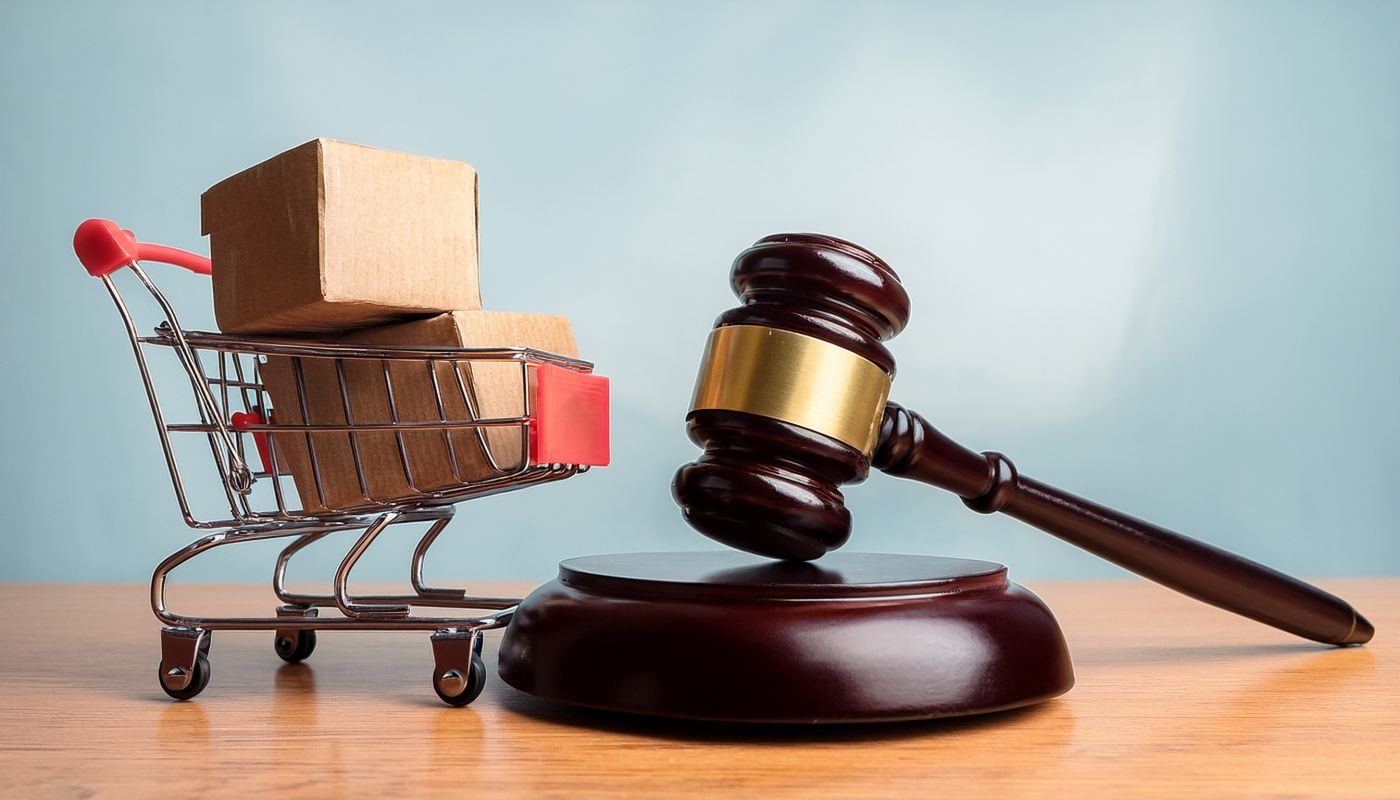
Consumer rights violations can take many forms, from deceptive advertising to faulty products. At the Scott Hirsch Law Group in South Florida, we understand how frustrating it can be to feel taken advantage of by businesses. We’re committed to helping you protect your rights and pursue justice through civil litigation if necessary.
Filing a complaint for consumer rights violations is often the first step toward addressing an issue and seeking a resolution. Whether you’re dealing with poor service, misleading contracts, or unsafe products, there are clear steps to follow when making a formal complaint. Understanding this process can empower you in the pursuit of fair treatment.
What Is a Consumer Rights Violation?
Before you file a complaint, it's important to understand what constitutes a consumer rights violation. Consumer rights are laws designed to protect buyers from unfair practices and make sure that products and services meet safety standards.
Common Types of Consumer Rights Violations
There are several types of violations that can occur, including but not limited to:
Deceptive advertising: Misleading claims or false representations about products or services can violate consumer protection laws.
Defective products: Products that fail to work as promised or are unsafe for use can lead to consumer complaints.
False billing or charges: Overcharging or billing for products and services that weren’t provided is a violation of consumer rights.
Breach of contract: If a business fails to fulfill the terms of a contract, it can be a violation of consumer rights.
Privacy violations: Unauthorized sharing or misuse of personal data can also be considered a consumer rights violation.
Understanding the type of violation you're dealing with will help you choose the right path for filing a complaint.
Steps to Take Before Filing a Complaint
Before formally filing a complaint for a consumer rights violation, there are several preliminary steps you should take. These proactive steps will give you a solid foundation and increase the likelihood of a successful resolution. Here’s a closer look at what these steps involve:
Document the Issue
Keep records: Maintain detailed records of the problem, including receipts, contracts, communications, and any advertisements.
Take photos: For defective products, unsafe conditions, or misleading advertising, photos can provide vital evidence.
Write down the facts: A detailed timeline of events, including dates, people involved, and what transpired, will help clarify the issue.
Try to Resolve the Issue Directly
Before escalating the matter to authorities or legal action, try to resolve the issue directly with the business involved. This can often lead to a quicker and more satisfactory resolution.
Contact customer service: Many businesses have customer service teams that are trained to handle complaints. Make your case clear and specific.
Request a refund, replacement, or compensation: If applicable, state what resolution you’re seeking—whether it’s a refund, replacement product, or compensation for damages.
Keep communication professional: Always remain polite and professional, even if the situation is frustrating.
If this initial contact doesn’t resolve the issue, you can move on to filing a formal complaint.
How to File a Consumer Complaint
Once you’ve gathered your documentation and attempted to resolve the issue directly, it’s time to take your complaint to the relevant authorities or agencies. Here's how you can proceed:
Identify the Correct Agency or Organization
Federal Trade Commission (FTC): If you believe the violation involves deceptive business practices, advertising, or fraud, the FTC is the primary federal agency for consumer protection.
Better Business Bureau (BBB): For non-legal complaints regarding service or product quality, the BBB is a well-known option for resolving consumer disputes.
State Attorney General’s Office: Each state has an Attorney General who enforces consumer protection laws. If the violation occurred within a specific state, this office may be your best option.
Consumer Financial Protection Bureau (CFPB): If the issue involves financial products, such as loans, mortgages, or credit cards, the CFPB handles complaints about unfair practices in these areas.
Product safety agencies: If you’ve encountered a safety issue with a product, agencies like the U.S. Consumer Product Safety Commission (CPSC) or the Food and Drug Administration (FDA) might be the right places to file your complaint.
Submit Your Complaint
Complete online forms: Many agencies, including the FTC and BBB, allow you to file complaints directly on their websites. Fill out the required fields, provide all supporting documents, and submit your complaint electronically.
Write a formal letter: In some cases, a written letter to the company or agency may be required. Be sure to include all relevant details—your contact information, a description of the problem, and your request for resolution.
Provide evidence: Attach copies of any documentation, such as receipts, photographs, contracts, or emails, that support your complaint.
Follow Up on Your Complaint
Track your complaint status: Most agencies will provide a reference number or tracking system so you can monitor the status of your complaint.
Be persistent: If you don’t receive a timely response, follow up. Stay professional but assertive, and escalate the issue if necessary.
When to Consider Legal Action
If filing a complaint with the appropriate agency doesn’t resolve the issue, you may want to consider legal action. Civil litigation can be a powerful tool in addressing consumer rights violations and obtaining compensation.
When to Consult a Lawyer
If the violation caused significant financial harm: If you've suffered considerable financial loss due to the violation, a lawyer can help you assess whether legal action is appropriate.
If you face difficulty in proving your case: Sometimes, the evidence is complicated, or the responsible party is denying the violation. A lawyer can help organize the case and provide guidance.
If you’re seeking damages: Civil litigation can be an option if you seek compensation beyond what consumer protection agencies can offer, such as punitive damages or larger settlements.
If you’re facing a legal entity: If you’re dealing with a corporation or large organization, managing their legal defenses without an attorney can be challenging. A lawyer can help you manage this process.
The Impact of Legal Representation in Consumer Rights Cases
A lawyer experienced in civil litigation can provide invaluable support when filing a complaint for consumer rights violations, particularly if the situation progresses to the point of litigation.
How a Lawyer Can Help
Assessing the strength of your case: A lawyer can evaluate the evidence and determine whether your case is strong enough to pursue further action.
Filing legal documents: If you need to file a lawsuit, an attorney will prepare and submit all necessary documents, including complaints and motions.
Negotiating settlements: Often, a lawyer can negotiate with the defendant or their legal profssionals to settle the case without going to court, which can save time and money.
Representing you in court: If your case does go to trial, having legal representation makes sure that you’re fully prepared to present your case and advocate for your rights.
A lawyer can help you work through the intricacies of civil litigation and give you the best chance at a favorable outcome.
Contact Us Today
If you believe your consumer rights have been violated, don’t wait to take action. An experienced civil litigation attorney can help guide you through filing a complaint. Our firm serves clients nationwide. Contact the Scott Hirsch Law Group today to discuss your case and learn how we can assist you in filing a complaint and protecting your rights.



